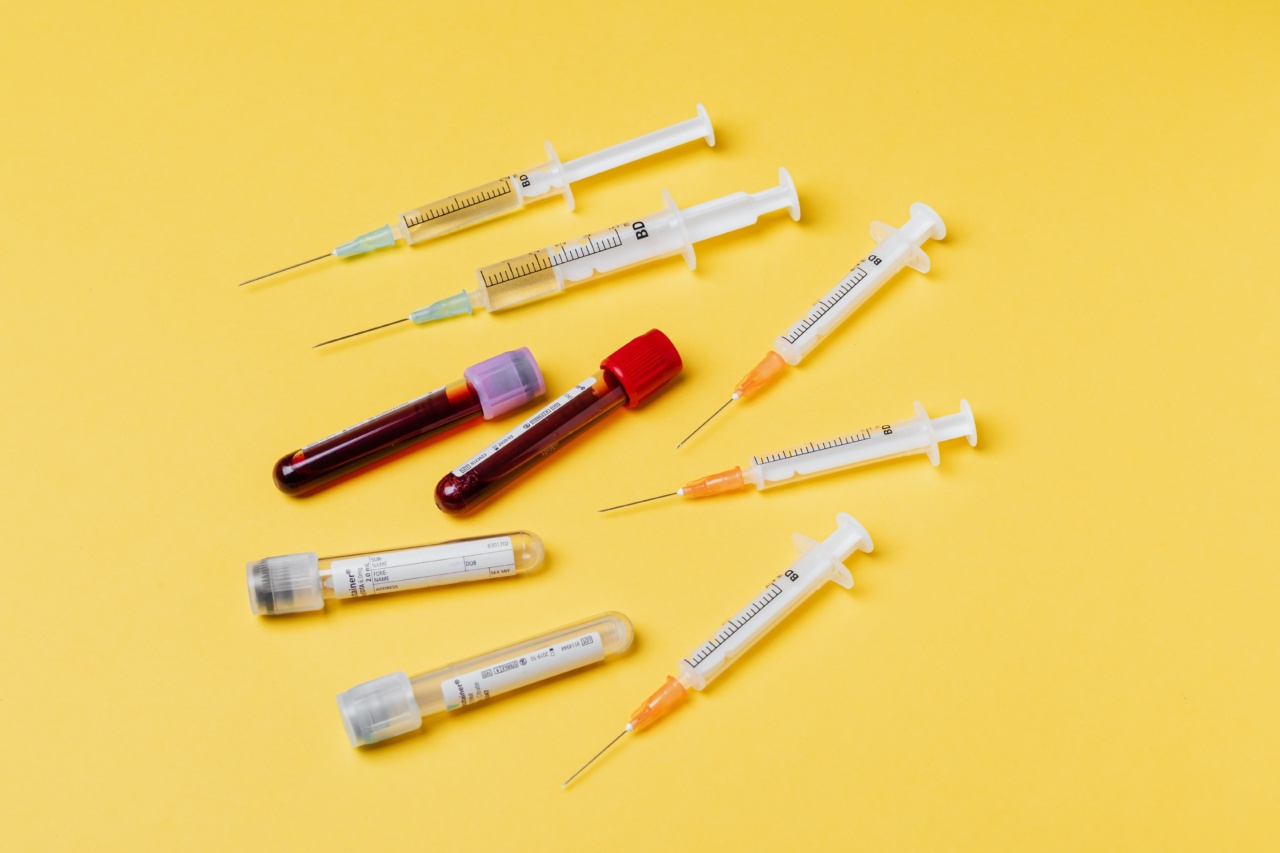Temperature is one of the main factors that affects the quality of medicines. High temperature can cause degradation of active ingredients, reducing the effectiveness of medications and potentially causing harm to patients.
Therefore, it is crucial to protect medicines from high temperatures in all aspects of the supply chain.
Understanding the Impact of Temperature on Medicines
Generally, most medicines are stable within a specific temperature range. The recommended temperature range for medication storage is typically between 20℃ to 25℃.
However, different medications may have different temperature requirements, depending on their composition and chemical stability. For example, vaccines are particularly susceptible to high temperatures, and exposure to heat may render them ineffective or even potentially dangerous.
When the temperature exceeds the recommended range, different types of chemical degradation can occur, including hydrolysis, oxidation, and isomerization, among others.
These processes can cause changes in the chemical properties of the medication, reducing the efficacy of the medicine and potentially causing toxicity.
Managing Temperature during Storage and Transportation
The proper handling of medicines during storage and transportation is critical to maintaining their quality.
There are specific practices and standards that manufacturers, distributors, and healthcare providers must follow to ensure that medications are stored and transported at appropriate temperatures.
Manufacturing
Medicines must be manufactured under strict conditions that take into account their temperature requirements. Manufacturing sites must monitor humidity and temperature levels and maintain records of these measurements.
They must also have a contingency plan in case of a power failure or malfunction in the air conditioning system.
Distribution
Cold chain logistics are used to maintain the proper temperature of medicines during transportation.
This involves the use of climate-controlled containers and vehicles, temperature monitoring devices, and staff training on proper storage and handling procedures. Distributors must also follow strict procedures when loading and unloading medicines, ensuring that temperature-sensitive products are never left unattended or exposed to high temperatures.
Pharmacies and Hospitals
Pharmacies and hospitals must ensure that medicines are stored under the correct temperature conditions.
Medications that require refrigeration should be stored in a designated refrigerator with temperature monitoring devices installed to ensure that the temperature remains within the recommended range. These same monitoring devices and procedures can be used for other types of medications, such as those stored at room temperature.
Tips for Protecting Medicines from High Temperature
There are several steps that individuals can take to protect their medicines from high temperatures. Some tips include:.
Read the label
Pay attention to the recommended storage temperature on the label of the medication. Follow any storage instructions provided by the pharmacist or healthcare provider.
Avoid direct sunlight
Direct sunlight can increase the temperature of medicines, especially those stored in clear glass bottles or containers. Keep medicines in a cool, dry place away from direct sunlight.
Store in airtight containers
An airtight container can protect medicines from moisture and humidity, helping to maintain their stability and potency.
Don’t leave medicines in hot cars
Leaving medicines in a hot car can expose them to extremely high temperatures, which can cause degradation. Whenever possible, keep medications with you rather than leaving them in a vehicle.
Use a cooler bag
A cooler bag can help keep medicines cool while on the go, such as when traveling or running errands.
Conclusion
Protecting medicines from high temperatures is crucial for maintaining their quality and efficacy.
Everyone involved in the supply chain, from manufacturers to healthcare providers, must take measures to ensure that medicines are stored and transported in appropriate conditions. Additionally, individuals can take steps to protect their own medications from high temperatures, such as reading labels and avoiding direct sunlight. By working together, we can help ensure that medicines remain safe and effective for all patients.






























